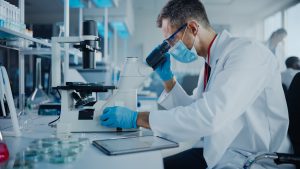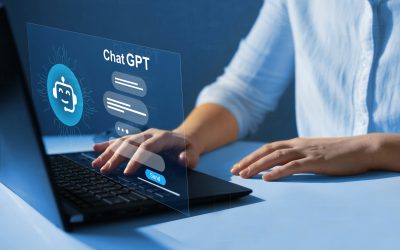Biomedical laboratory technician: what he or she does and how to become one
The biomedical laboratory technician is the professional involved in analysis and research in the fields of biochemistry, virology, microbiology, immunology, and hematology. In addition, it can perform pharmaco-toxicological, cytological, histopathological, and clinical pathology analyses.
By analyzing a biological sample (blood, sputum, tissue) it helps the physician make a diagnosis, supports law enforcement agencies in their investigations, and provides environmental protection agencies with an answer regarding the condition of water and soil.
Responsible at the regulatory level for the Technical Validation of the analysis, he is also in charge of the maintenance and verification of the instruments used within the laboratory.

What a biomedical laboratory technician does
The biomedical laboratory technician performs laboratory tests to support physicians in the diagnosis and treatment of diseases, or works at environmental testing laboratories for public safety. Or, again, it puts itself at the service of law enforcement agencies to analyze samples and tissues related to investigations.
Specifically, the biomedical laboratory technician:
- Analyzes the request of the physician who prescribed the tests;
- Chooses the instrumentation with which to perform the examinations;
- Manages the procurement of instruments and materials needed for the operation of the laboratory;
- plans the work, from sample and chemical reagent preparation to routine instrument maintenance;
- carries out the examinations;
- Drafts the report.
Biomedical laboratory technician, skills required
Biomedical laboratory technicians must have skills in:
- biochemistry;
- genetics;
- laboratory medicine;
- Biology;
- molecular cytogenetics;
- hematology;
- histocytopathology;
- cytology;
- virology;
- immunology.
The course of study to become a biomedical laboratory technician also includes the acquisition of pharmacy, pathological anatomy, health law, economics, computer science and English language skills.
And in addition to possessing precise
Hard Skills
, professionals in this field must be able to:
- Understand directions, gather information, and communicate;
- Time management;
- Coordinating people;
- Assess the situation and act accordingly;
- Process and synthesize what emerged from the tests;
- Collaborate with colleagues.
The
Soft Skills
main skills are therefore reliability, accuracy, cooperation and conceptual thinking: the biomedical laboratory technician must operate with precision, act ethically, work in synergy with colleagues and be able to solve even the most complex issues.
How to enter the biomedical profession
To work as a biomedical laboratory technician, it is necessary to earn a bachelor’s degree in Bi omedical Laboratory Techniques and then register as aBiomedical Laboratory Health Technician.
In addition, it is required by law to take part in refresher and qualification courses under CME (Continuing Medical Education).
The biomedical laboratory technician may find employment with the hospitals, the Law Enforcement. (for the analysis of samples and tissues for investigative purposes), the University (for research activities) and at the Regional Agencies of Environmental Prevention and Protection, while in private practice he can work in testing laboratories, IVF centers, industries and private clinics (including veterinary clinics).
At the contractual level, he can work as a freelancer by opening a VAT number or be employed. In the private sector,employment may be fixed-term or permanent, part-time or full-time. In the public sector-and thus to work in hospitals, laboratories affiliated with the National Health System or with the Police Force-competitions are organized instead, or recruitment notices are published.
Want to learn more about emerging jobs, in the medical field and beyond? Read our PHYDpedia encyclopedia and find out what professions are in demand today and in the near future.










0 Comments